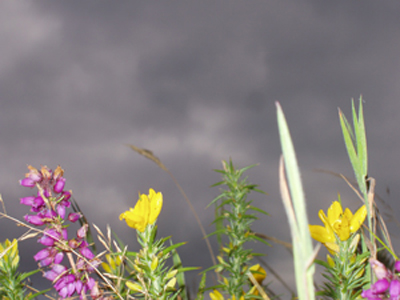Restoration ecology benefits biodiversity
31/07/09
A report in Science today tells us something we probably already knew: that ecological restoration benefits biodiversity and ecosystem services.
The dark art of restoration ecology is often misunderstood by the scientific, and more importantly, lay communities. I remember visiting a dune restoration project in Belgium that had cost 6 million euros to date, but from casual observation looked identical to before. Only under the clinical eyes of a transect and microscope was it possible to see the change.
Restoration ecology can also suffer from its own ambition. Questions about what the habitat is restored to and the sustainability of this created landscape all rear their heads. It can appear that landscape goals are arbitrarily decided upon and sometimes the goals are even date specific: for example attempts to restore modern British farmland to its Victorian heyday.
 So is it worth it?
So is it worth it?
Well according to the report by Jose Rey Benayas and his team, the answer's a resounding yes. The meta-analysis examined 89 studies and found that restoration projects increased the provision of biodiversity by 44 per cent and ecosystem services by 25 per cent.
Heath restoration site
However, this is tempered by the news that restoration can not completely reverse degradation caused by humans. But we probably already knew that too...
This report will hopefully give important new impetus to this vital field and show how progressive restoration ecology can be. With the multitude of threats facing the planet restoration ecology will continue to become one of the most important tools for conservationists all over the planet.